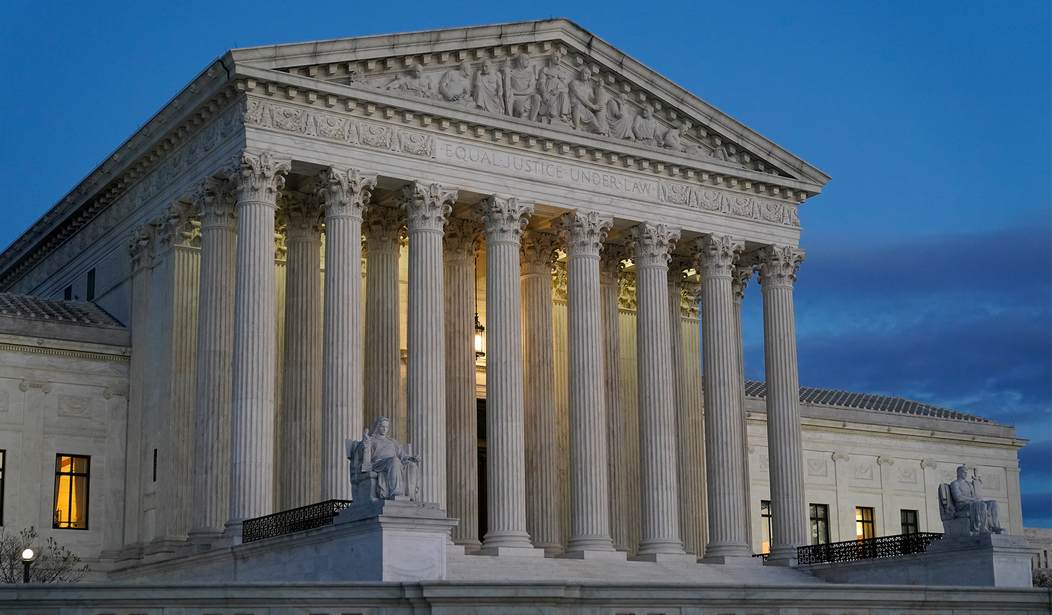The United States Supreme Court published a momentous decision on Friday, April 14: Axon Enterprises v. Federal Trade Commission. After decades of lower court deference to federal agency proceedings, the high Court allowed two parties (one suing the FTC and another the SEC) to bring their constitutional challenges against those agencies’ administrative proceedings in federal court in the first instance. Before the decision, it was almost a truism that any legal attack, even a constitutional attack, on agency proceedings could not be heard in federal court until after a final order from the agency issued, the so-called exhaustion doctrine. With the proverbial stroke of a pen, in a decision authored by Justice Elena Kagan and joined by Roberts, Thomas, Alito, Sotomayor, Kavanaugh, Barrett, and Jackson (with a concurrence by Gorsuch), the Supreme Court fundamentally altered the landscape of administrative law, redirecting it to the Constitution’s limits on power.
In both of the cases, the plaintiffs sued the agencies (FTC and SEC) in federal court at the outset of agency proceedings, variously arguing (1) that those proceedings were so biased against the accused as to violate the Due Process Clause of the Fifth Amendment and (2) that the agency rules for removal of Administrative Law Judges violated the Appointments Clause of the Constitution, Article II, Section 2. They also argued (3) that the combination of legislative, executive, and judicial powers in the single agencies violated the Separation of Powers, Article I, Section 1, and the Due Process Clause of the Fifth Amendment.
As a constitutional lawyer who has represented parties before agencies of the federal government for thirty-eight years, I can strongly attest to the fact that agency adjudications are profoundly biased against the accused, creating, in effect, a kangaroo court. Those accused by agencies are effectively guilty until they prove themselves innocent. They are not entitled to a jury trial. They are denied the right to know who is accusing them. Charges made at the outset of a case are morphed without need for amendment and adequate notice to the accused into new charges to ensure bolster largely pre-determined decisions against the accused. The ultimate decision-makers for the agency, its political leaders, are also those who bring the charges; consequently, the judge is the prosecutor and there is no independent justice possible in that. Despite the Fourth Amendment’s prohibition on what are called “general warrants” (warrants issued without probable cause solely at the whim of an administrative official), those warrants are issued daily by virtually every administrative agency. They demand production of documents of all kinds, including all manner of financial and business records, often without the slightest nexus to relevance. All too often agency counsel abusively use general warrants, called administrative subpoenas, as weapons to drive away companies and individuals who do business with the accused. They often send agency subpoenas to every business contact of the accused, causing those contacts to fear becoming involved at great cost in a federal legal proceeding and leading them to cut off all business with the accused, further depleting resources necessary for defense and for economic survival.
Recommended
For decades, those accused in administrative agency proceedings have had to slog through the biased proceedings, oftentimes spending several years if not a decade or more entrapped in a Kafkaesque environment of evolving charges and endless costs until they are so drained of funding that they either capitulate to agency demands or go out of business, or both. The few that continue on to court oftentimes lose not due to the lack of underlying merit to their cases but due to the highly deferential standards of judicial review employed by federal courts which often accept as unassailable the agencies grossly biased factual findings and defer liberally to agency interpretations of law.
Here, as with its recent reliance on the Major Questions Doctrine in West Virginia v. EPA, the high Court has once again moved in a powerful way to tame rogue administrative agencies, ones that epitomize the very tyranny the Founding Fathers condemned. These moves hold out the promise of a culmination in which independent federal courts will be the sole avenue for federal actions against American citizens, rejecting for good the inherently biased agencies who are accusers and adjudicators combined. The separation of those powers is indeed a central command of the Founding Fathers violated with impunity by federal agencies for decades. In the words of James Madison in Federalist No. 47: “The accumulation of all powers, legislative, executive, and judiciary, in the same hands, whether of one, a few, or many... may justly be pronounced the very definition of tyranny." To achieve that sole vestiture of adjudication in the federal courts will likely also require legislation, specifically to eliminate federal administrative courts in favor of article III courts. There is indeed no provision in the Constitution for the creation of administrative courts and, in accordance with the vesting clause in Article III, Section 1, cases and controversies were exclusively to be decided in independent federal courts of law.
In a major turn, the Court has just made clear to every lower federal court and every lawyer who battles a federal agency on behalf of a client that henceforth clients will not be shut out of federal courts for years or decades at the whim of federal agencies, only to be relentlessly victimized and driven into financial ruin by unconstitutional agency proceedings. Instead, the federal courts’ doors have been opened, even at the start of agency proceedings. “Seeking to stop the administrative proceedings, [the parties] instead brought their claims in federal district court,” wrote Justice Kagan for a united Court. “The question . . . is whether the district courts have jurisdiction to hear those suits—and so to resolve the parties’ constitutional challenges to the Commissions’ structures. The answer is yes.”
That answer now echoes across the federal judiciary and bar. A powerful dose of constitutional justice has been delivered to agencies long rogue, arrogant with unbridled power. We shall now see the extent to which the lower federal courts receiving the Supreme Court’s decision on remand make good on the hope and promise of the high Court’s ruling by striking down the inherently unjust and unconstitutional structures called into question by the plaintiffs in these cases.
Jonathan Emord is a constitutional lawyer, author of seven books (including The Authoritarians: Their Assault on Individual Liberty, the Constitution, and Free Enterprise from the 19th Century to the Present (2021)), and is a candidate for the U.S. Senate from Virginia

























Join the conversation as a VIP Member